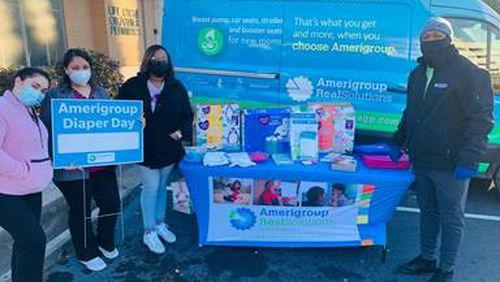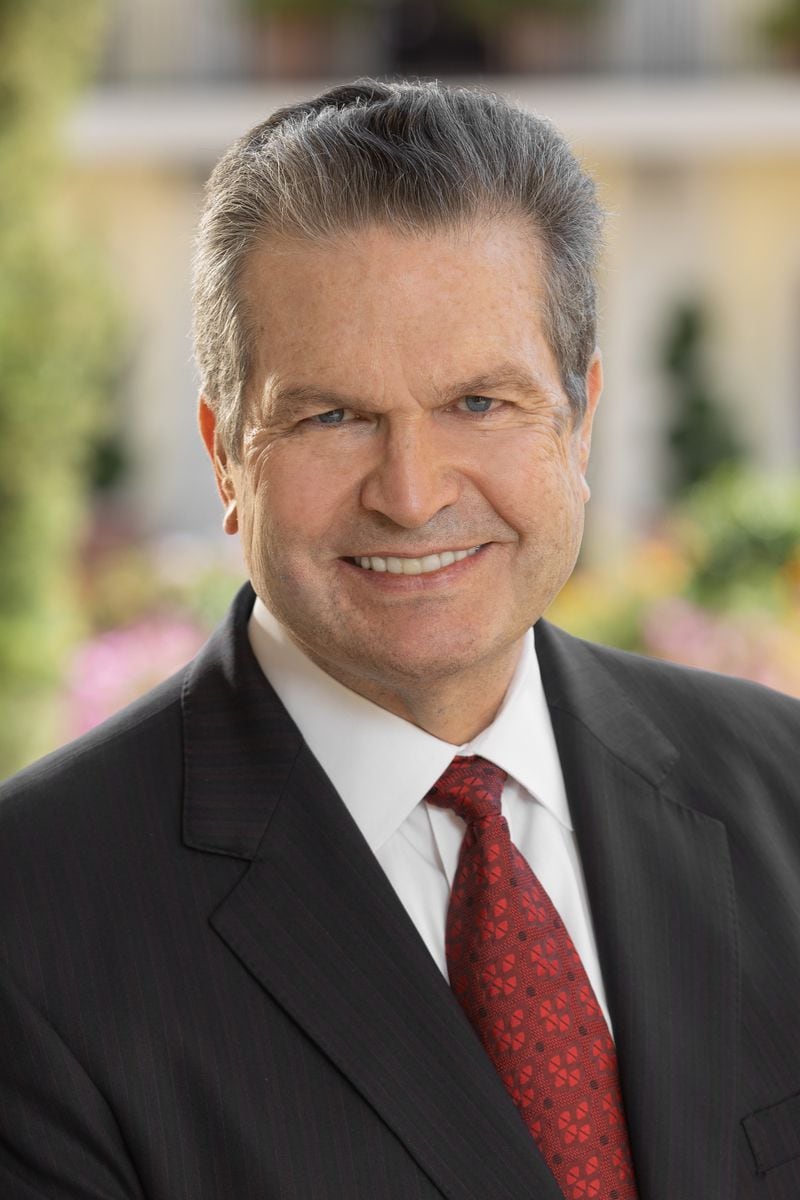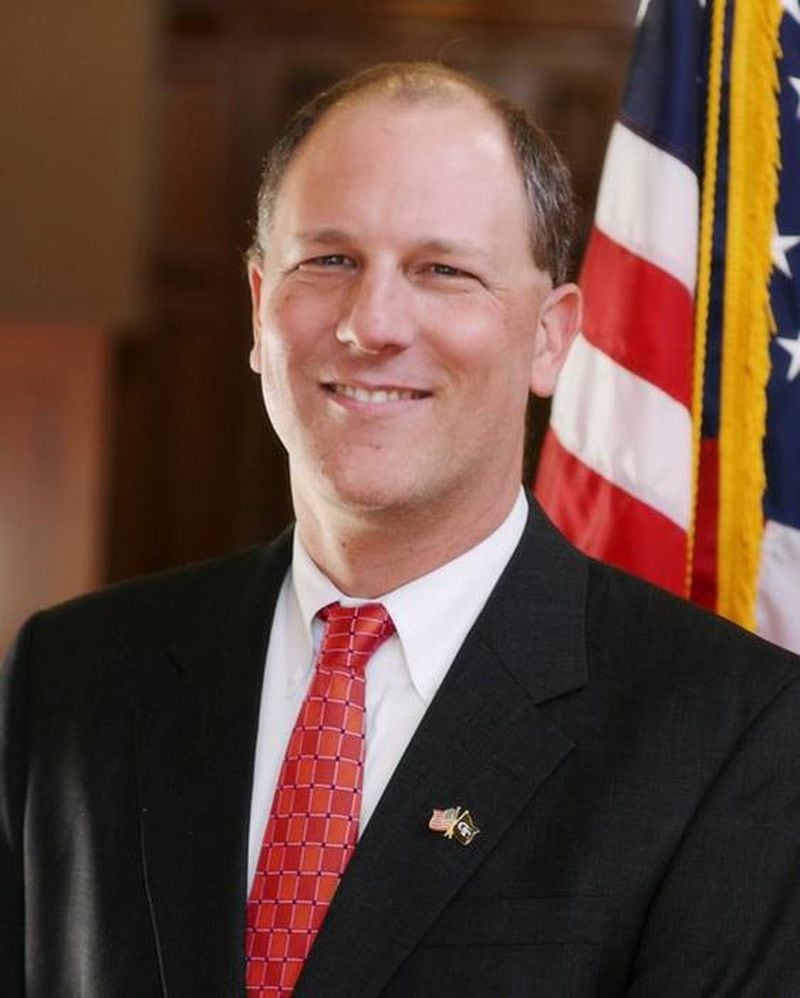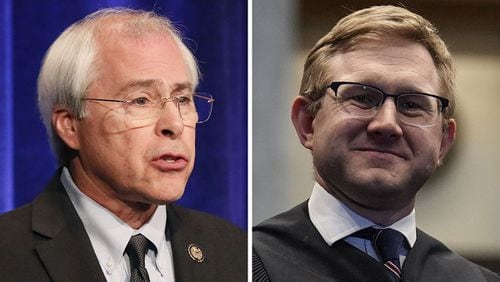Georgia’s 11,000 children in foster care are some of the most vulnerable and fragile in society. They are placed in foster homes because of unspeakable neglect and abuse — often because their parents are addicted to drugs or entangled in crime.
In 2014, Georgia officials signed a lucrative contract with Amerigroup that created the Georgia Families 360 Medicaid program to serve these children, including those who have been adopted.
Georgia taxpayers have paid Amerigroup billions of dollars in state and federal Medicaid dollars to get foster kids healthcare ranging from medical to dental and critical mental health services. But based on our experience running a foster care placement agency, personal experience as a foster parent and in public policy for the state of Georgia, we believe Amerigroup has failed to provide foster families and foster children appropriate access to healthcare.
Federal law requires these children receive medical care once they are assigned to a foster parent. That access doesn’t seem as difficult as finding these kids the specialists they need to move forward with their lives.
If they do receive any services, it is often with a temporary provider far away. The turnover rate is extremely high with counselors, therapists, speech pathologists and occupational therapists who don’t stay with Amerigroup for very long. Parents often must drive an hour or more to see an Amerigroup provider.
One reason turnover is high is because Amerigroup pays those in the network far below Medicaid reimbursement rate. These foster kids are dealing with conditions such as depression, eating disorders, speech impediments, anxiety, sleep disorders, physical trauma and learning disabilities. Foster kids need consistent care from a doctor, counselor, therapist or nurse to help with their healing.
These kids need reliable, continuing care because they come from homes where they were abused or abandoned and already don’t trust adults. When neglected children don’t get consistent help — whether it be for a medical condition such as a broken bones or recovering from anxiety and sleep disorders — they can become crisis patients and wind up in emergency rooms.
Credit: Handout
Credit: Handout
Credit: Handout
Credit: Handout
In an angry letter in August 2022, Georgia Department of Human Services Commissioner Candace Broce wrote about Amerigroup that “This contract should not be renewed.”
In her letter to then-Commissioner Caylee Noggle at the Georgia Department of Community Health, she said: “We consistently have children re-enter foster care because their adoptive parents have not been able to access preventative and ongoing health services.”
One of us who fostered two young sisters who had been abused and removed from their parents’ custody dealt with the same challenges that other frustrated foster parents face when dealing with Amerigroup.
The younger child, age 2, had experienced so much trauma she didn’t want to take baths and was developmentally delayed in her speech. Amerigroup initially agreed to cover counseling and speech therapy and trauma therapy. But just as she was improving, it cut off her services. For the older child, we could not find an appropriate therapist nearby that accepted Amerigroup patients.
Like dozens of other foster parents, we decided to pay out of pocket for their care because we couldn’t bear to see these girls have a setback. Other foster parents can’t afford the cost for these doctors and therapists when denied access to care by Amerigroup, forcing them to make hard choices about the children they foster.
For older foster kids and those with extreme behavior disorders, getting children into residential treatment has been the greatest challenge — and point of denial — for access to care with Amerigroup. Instead, the state has had to foot the bill for something that should be covered by Amerigroup.
Amerigroup has not been exactly forthcoming with data to state officials, including at a state Senate hearing last year. But the office of the Lieutenant Governor and Senate Budget Office obtained documents showing that in Fiscal Year 2018 it likely earned a 35 percent gross profit on its contract for Georgia Families 360 — a number the company has not disputed.
Even if Amerigroup’s profit has decreased in recent years and if its delivery of some services has improved, its track record of caring for Georgia’s most vulnerable population this past decade is not what foster kids deserve.
Georgia must now hire a healthcare provider that actually helps Georgia’s foster kids heal — not abandon them the way their parents did.
Richard L. Jackson, a former foster child, is the chairman of FaithBridge Foster Care. He is also chairman and chief executive officer of Jackson Healthcare. Mike Dudgeon, a former state representative from Forsyth County, is a foster parent and was policy advisor to Georgia’s former lieutenant governor Geoff Duncan.
Credit: AJC, AP








